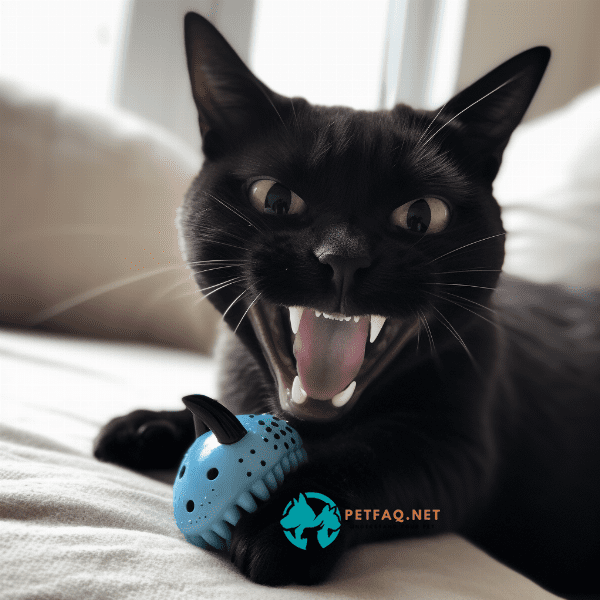A cat’s teeth are critical to their ability to eat and digest food. Without them, a cat’s diet and nutrition can be severely impacted. When a cat without teeth is unable to eat properly, it can lead to a range of health problems, including malnutrition, weight loss, and even organ failure. Therefore, it is important to understand the implications of a cat without teeth on their diet and nutrition.
Cats are obligate carnivores, which means they require meat to survive. Without teeth, a cat’s ability to chew and break down food is severely compromised, making it difficult for them to consume solid foods. As a result, cats without teeth may become malnourished because they are unable to consume enough food to meet their nutritional needs.
One solution to this problem is to feed the cat a diet of soft, wet food. This type of food is easier for a toothless cat to consume because it requires minimal chewing. It is also a good idea to moisten dry food with water or broth to make it easier to eat. Wet food also contains more moisture, which is essential for cats as they are prone to dehydration.
Another option is to feed the cat a diet of commercial cat food specifically designed for toothless cats. These types of foods are often formulated to be easy to digest and contain all the necessary nutrients a cat needs to stay healthy.
If a toothless cat refuses to eat wet or soft food, the owner may have to resort to feeding the cat a liquid diet. This can be done by blending canned food with water or broth to create a soup-like consistency. It is important to note that a liquid diet should only be used as a temporary solution, as it may not provide all the nutrients a cat needs over the long term.
In addition to changing the cat’s diet, owners should also ensure that their toothless cat receives regular veterinary checkups. This is important because toothless cats are more prone to developing gum disease and other dental problems. Regular checkups can help identify any potential issues and ensure that the cat receives the appropriate treatment.
In conclusion, a lack of teeth can have a significant impact on a cat’s diet and nutrition. However, by providing a diet of soft, wet food, or by using commercial cat food specifically designed for toothless cats, owners can help ensure that their cats receive the nutrients they need to stay healthy. Regular veterinary checkups are also essential for maintaining the health of a toothless cat.
Read more:Caring for a Toothless Cat

